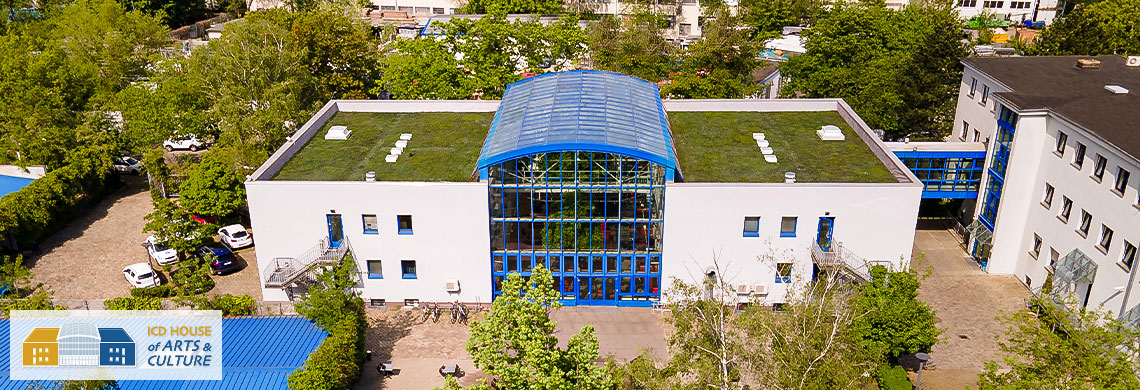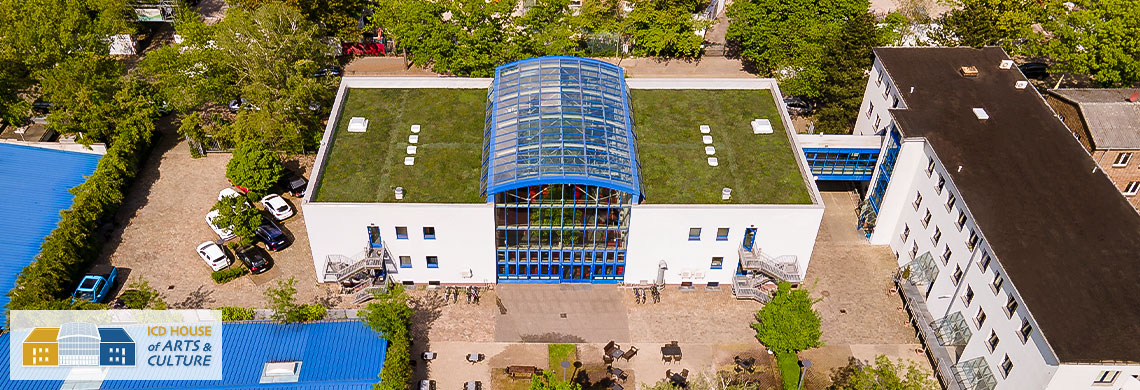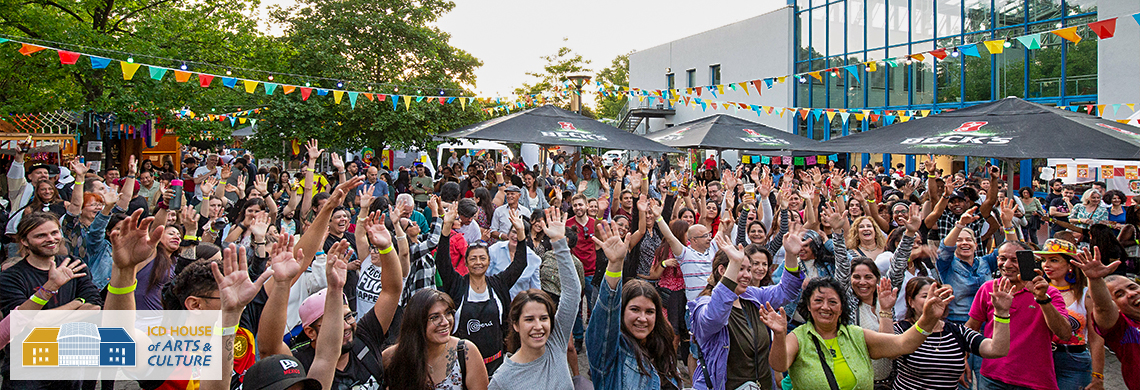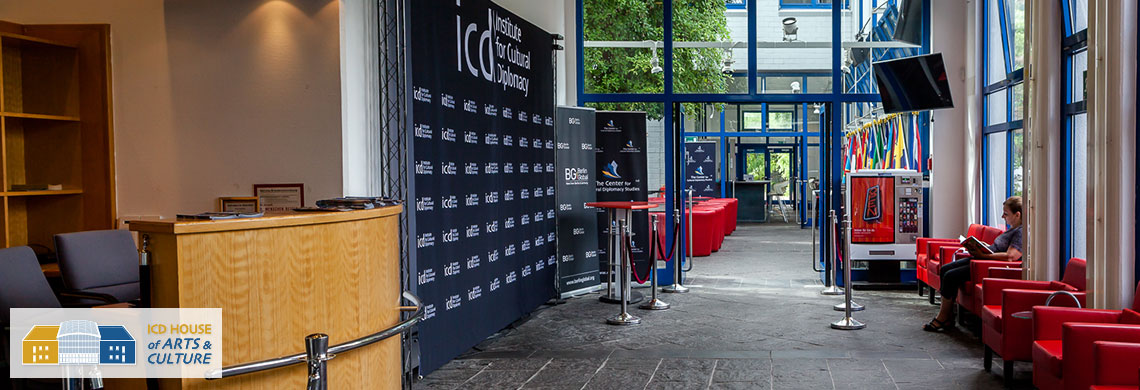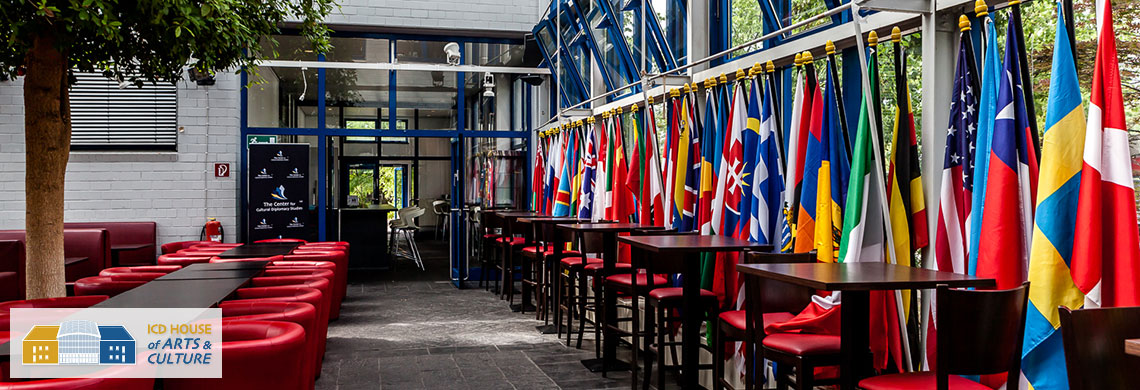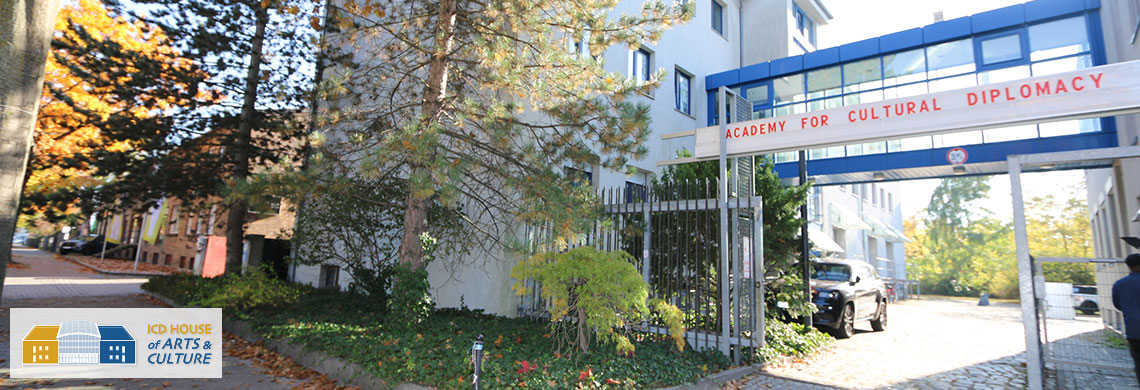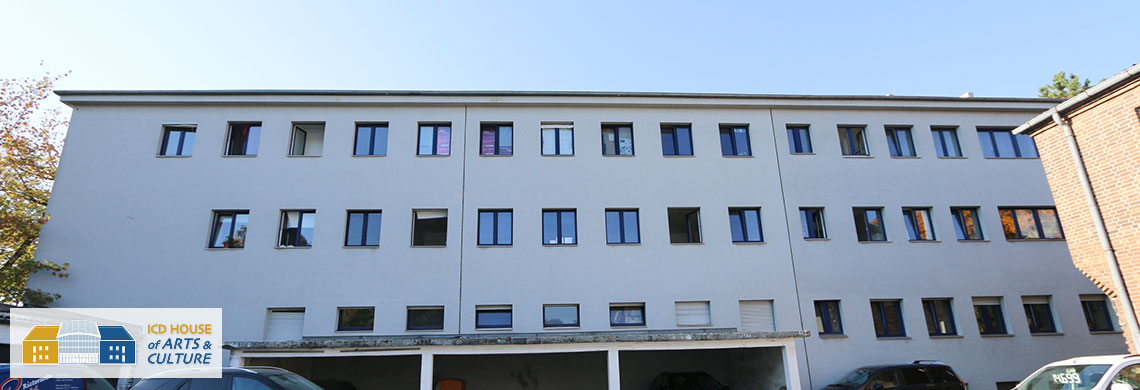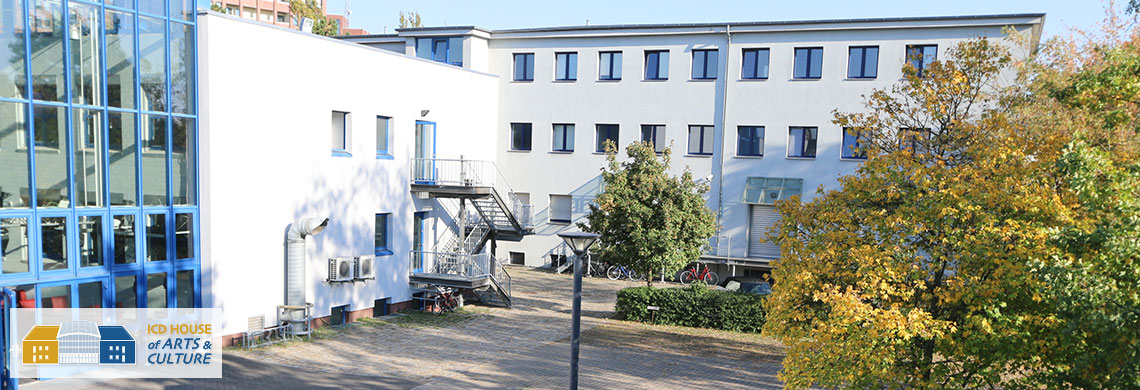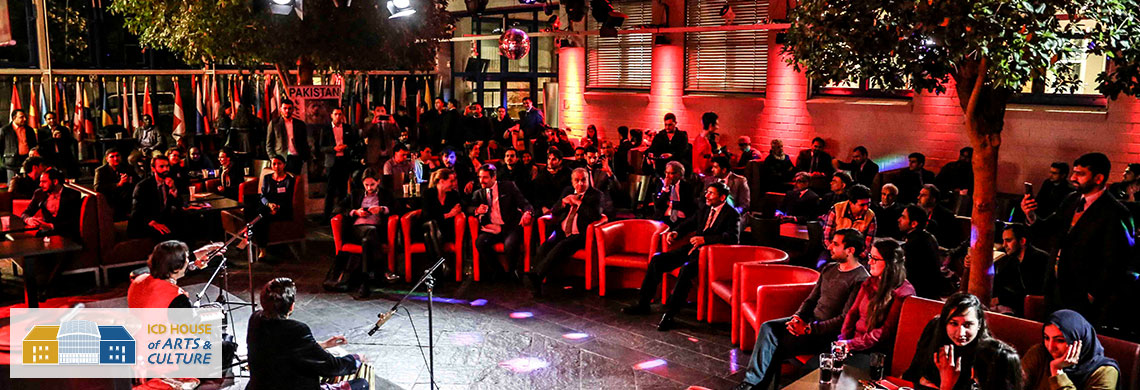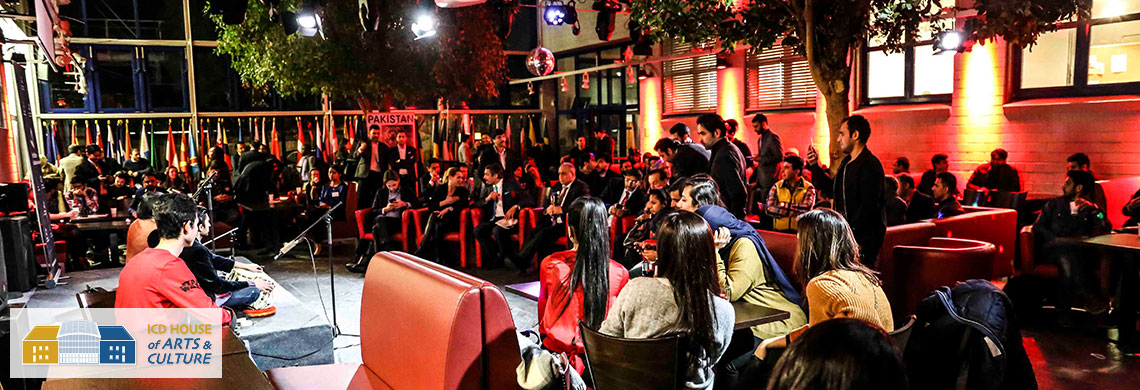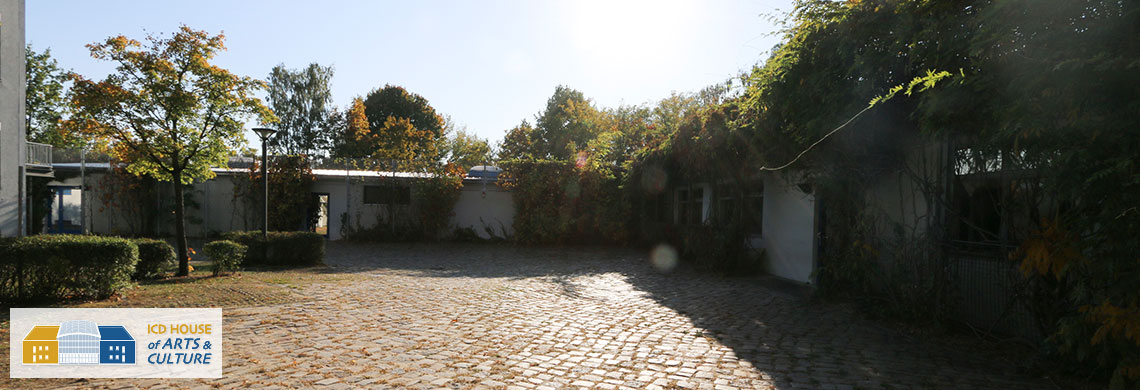| “The MCCE Movement Against Electoral Corruption” A Lecture & Discussion with Judge Marlon Reis (Director of the Brazilian Movement Against Electoral Corruption (MCCE)) |
(Berlin, ICD House; April 4th, 2013) |
Mr. Reis began the lecture with a brief history of the MCCE, an organization which is the largest Brazilian overarching institution in the fight against electoral corruption, including member 51 organizations that define themselves as an example of Brazilian citizenship. Since its conception in 2002, the organization has seen major successes in the field of preventing electoral corruption. The event focused on key issues such as corruption prevention, democratization, social mobilization, the fight against vote buying, electoral reform and the use of social networks and the media as a catalyst for social change.
The lecture addressed the major successes that the organization has seen in fighting electoral corruption over the past few years, as well as the key challenges still remaining. Mr. Reis emphasized the importance of fighting corruption, not as a whole but in specific targeted areas in order to achieve success. He stressed the importance of providing effective legal means of prosecuting those found guilty of corruption. He mentioned the work undertaken by the MCCE in promoting the two major laws introduced by popular initiative in Brazil, the law against vote buying and the ‘Ficha Limpa’. In 2007 the organization launched its ‘Ficha Limpa’ (clean record) campaign and in the following two years managed to collect over two million signatures in support of the initiative. Consequently, the petition was added into the Brazilian constitution, now making it illegal for an individual previously found guilty of corruption to run again as a candidate in an election. The introduction of laws such as the Ficha Limpa, provide a framework for restricting and ultimately stopping certain corrupt practices in Brazilian elections.
The organizations vision of true democracy is not only restricted to an institutional level but also focuses on grass roots initiatives. In the lecture, Mr Reis highlighted the importance of using social media in order to restrict and raise awareness of corrupt practices. Through the use of Facebook and Twitter, the organization has been able to reach a much wider audience and create an important social network, used to mobilize support. He states that the increased awareness and social mobilization has empowered people to take action, referring to the number of people emailing their local MPs pressuring them to avoid corrupt practices.
According to Mr. Reis the next major challenge the organization wishes to confront is electoral reform, focusing particularly on the limited number of companies funding electoral campaigns. Through the organizations Reforma Politica initiative, he emphasized the problem of having the majority of parliamentary officials endorsed by a mere handful of companies, thus hindering true democratic practice. In the lecture, Mr, Reis called for the opening up of the electoral system and further stressed the importance of a global coalition on clean elections.
The lecture was followed by a Question-And- Answer Session, which encouraged the audience to interact directly with the guest speaker. When asked about how to convince governments to change the corrupt systems they themselves have benefitted from, Mr. Reis responded, that it was important to plan strategically for the future. Throughout the Question- And-Answer Session, he stressed the importance of social media in order to change the views of the people. He stated that once the views of the people have changed, the system will finally begin to change. Mr. Reis further stressed the importance of fighting corruption, stating that “elections are the door to good governance”, and of fundamental importance to the success of true democracy.
The event was followed up by an evening reception that allowed the guest speaker and the audience to interact and follow up the discussion in a more informal setting.

